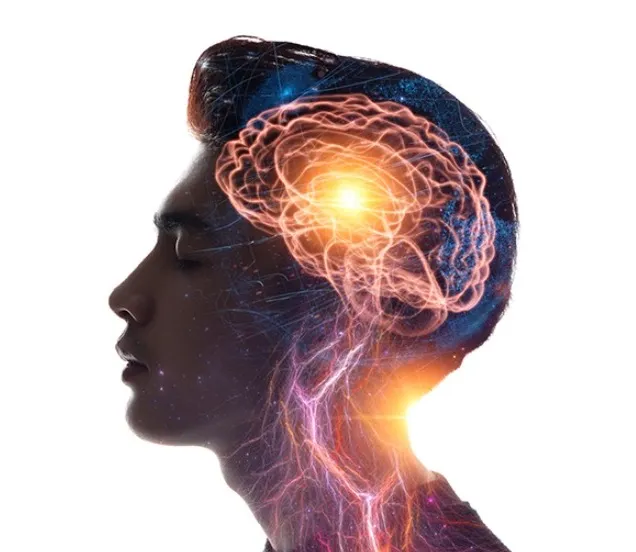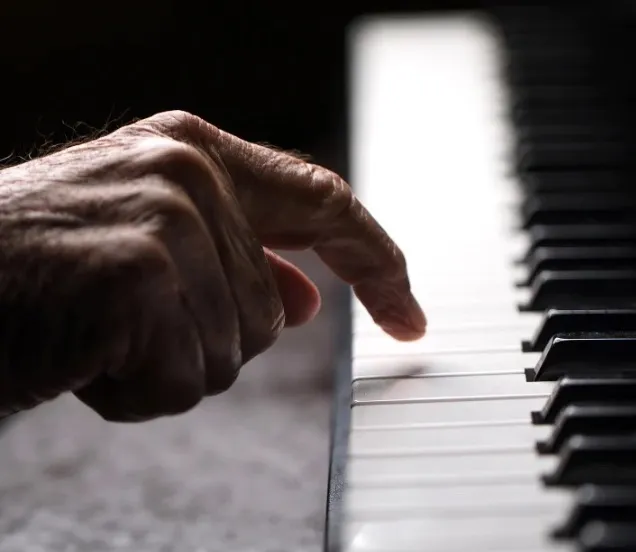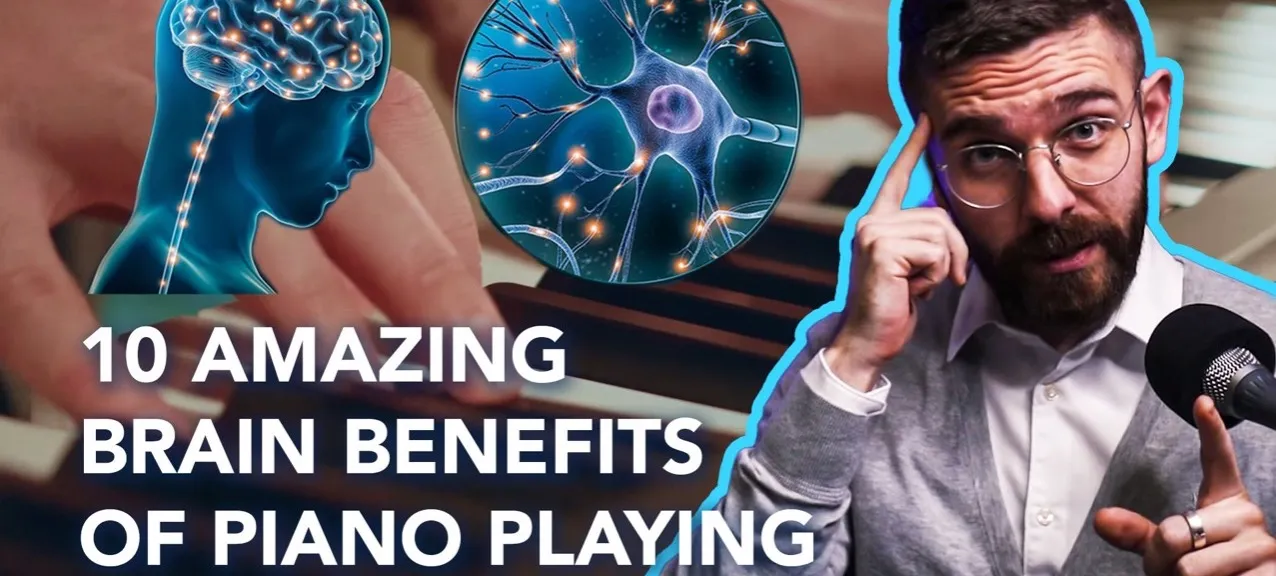It's all due to a process called neuroplasticity - the brain's ability to change and adapt in response to new experiences. When we engage in activities like playing music, our brains form new connections and neural pathways, allowing us to improve and even excel at tasks we once thought were impossible.
Recently, I began to take great interest in neuroscience, inspired by Dr. Andrew Huberman - you can watch his channel here https://www.youtube.com/@hubermanlab.
This research has shown changes in the brains of musicians as a result of years of musical practice. Musicians can serve as a unique model for studying plastic changes in the human brain, due to the complexity of this stimulus and the high level of exposure during music practice.
10 amazing benefits of playing piano for the brain
Music has always been a source of joy and inspiration for people all over the world. But did you know that playing music can also have a major impact on our brains?



In the video below, I share with you 10 amazing brain benefits based on the latest neuroscience and my personal experience:
- Increased gray matter the brain
- Increased white matter the brain
- Music as therapy to help prevent or benefit from Alzheimer's/Parkinson's disease
- Improved coordination
- Increases IQ and improves memory
- Reduces stress
- Improves social skills
- Improves creativity
- Positive long-term effects
- Increases concentration
Overall, it is clear that playing piano or music in general has tremendous positive effects on the brain, thanks to the process of neuroplasticity. Have you always wanted to learn to play the piano, but thought it was too late? Well, think again! The science of neuroplasticity tells us that it's never too late to learn a new skill and challenge your brain. I am absolutely convinced that you will discover a whole new side of yourself during the process.




